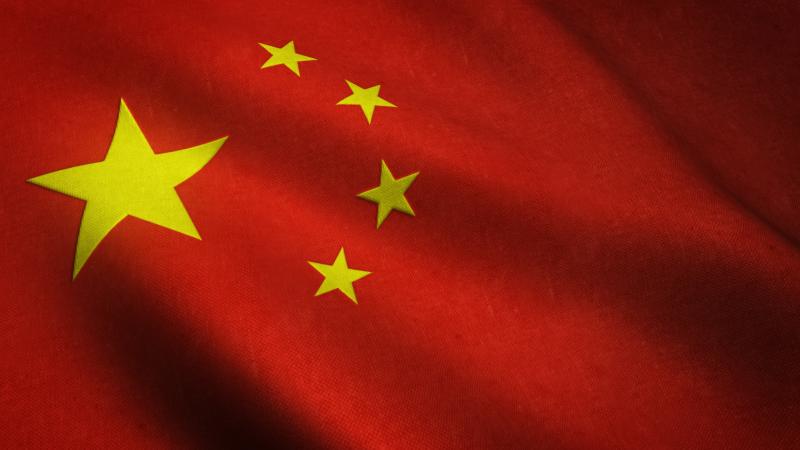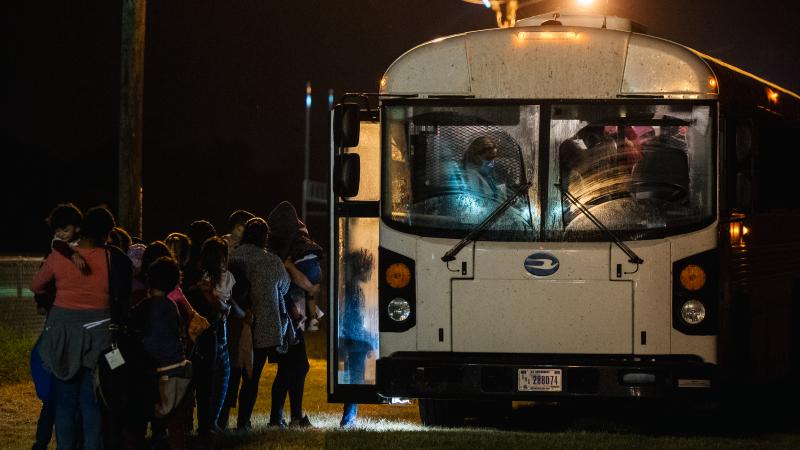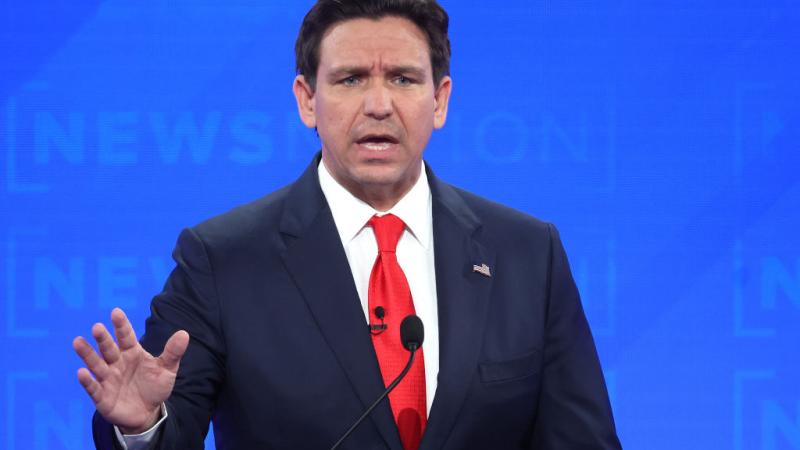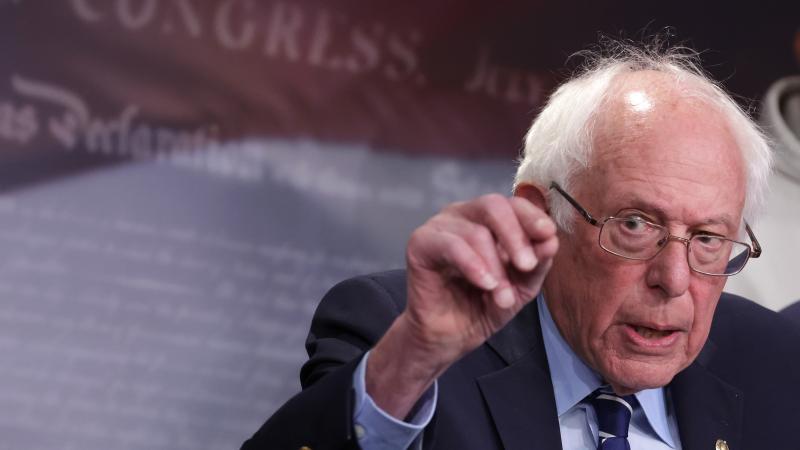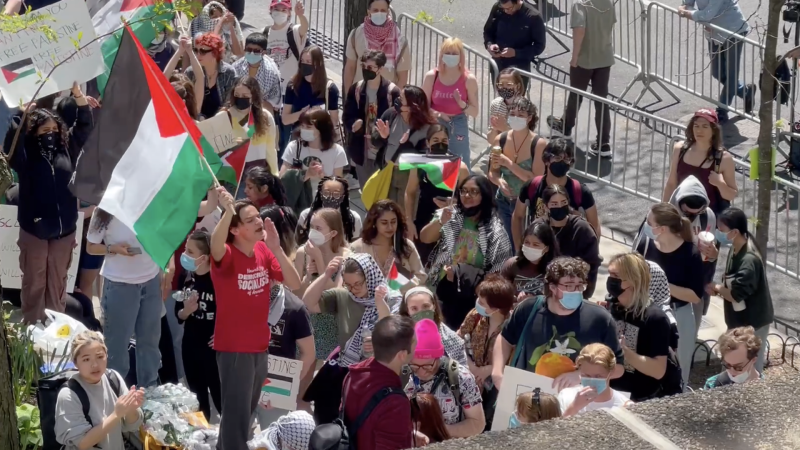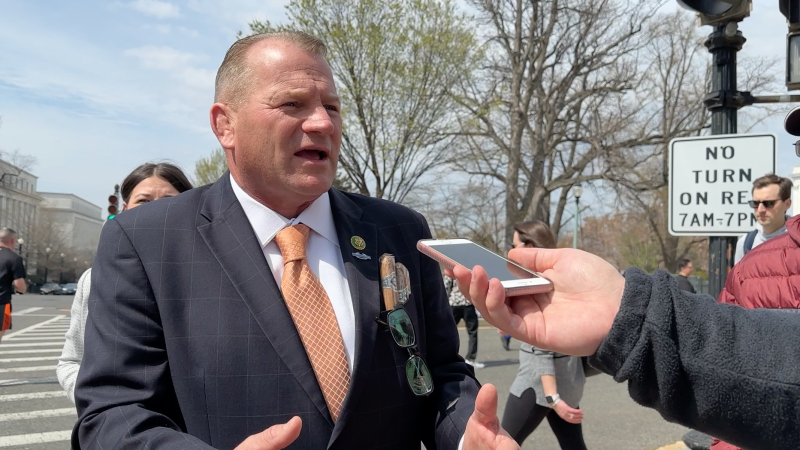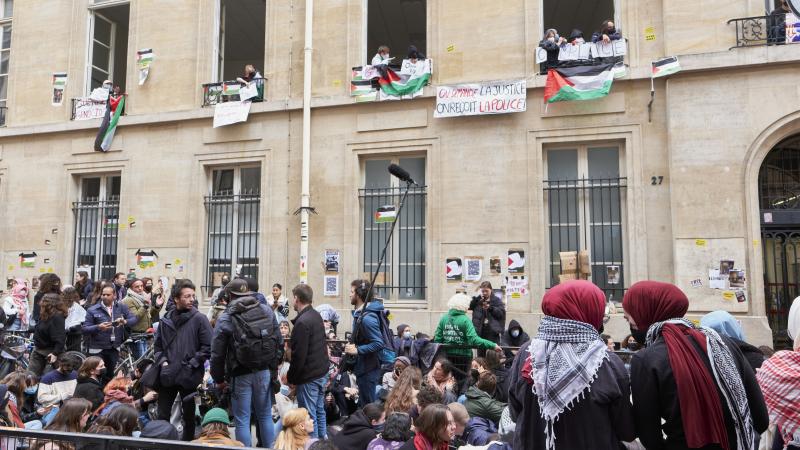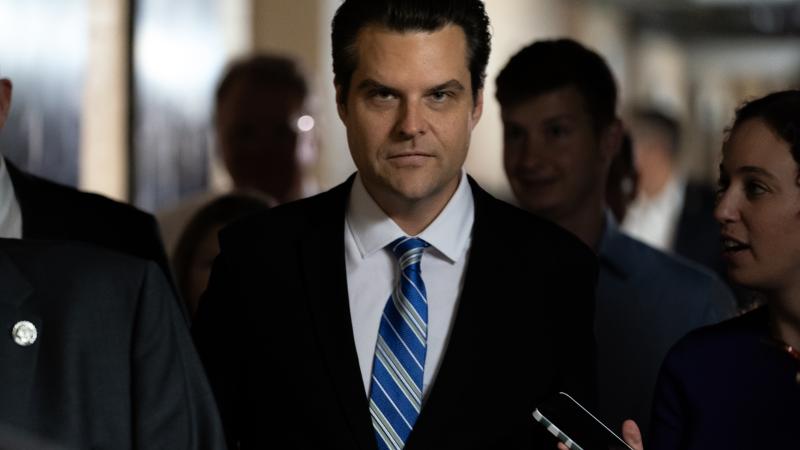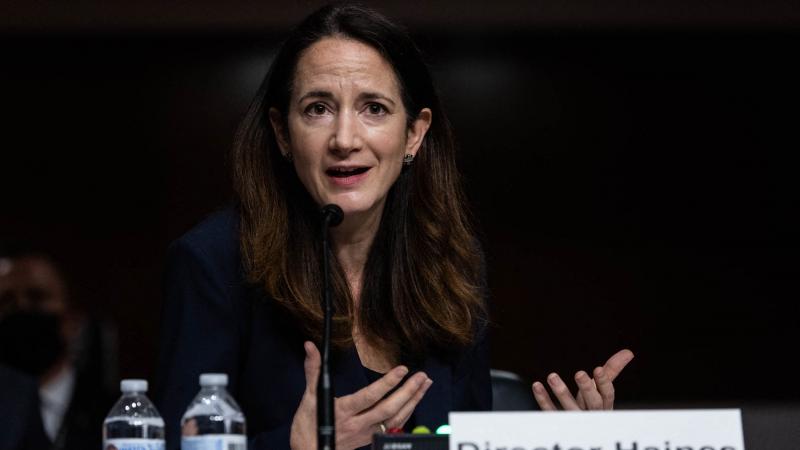World leaders agree to toughen sanctions on Iran if destabilization of Middle East continues
The statement from foreign ministers from the Group of Seven countries was not particularly comprehensive or forceful. But it was considered a success toward efforts to calm escalating tensions in the Middle East.
Top diplomats from the world’s most advanced economies agreed last week to toughen sanctions on Iran if the rogue nation continues taking actions that "destabilize the Middle East” and to “hold the Iranian government accountable for its malicious and destabilizing actions.”
The agreement follows a series of attacks and counter attacks between Israel and Iran that effectively started after the Palestinian-affiliated militant group Hamas launched a terror attack on Israel in October 2023 and most recently included Iran’s attack on Israel earlier this month using hundreds of drones.
The five-page statement from foreign ministers from the Group of Seven countries – best known as the G-7 – was not particularly comprehensive or forceful. But it was considered a success toward efforts to calm escalating tensions in the Middle East, which historically have erupted into a wider, deadlier, and even more volatile conflict.
U.S. Secretary of State Antony Blinken declined to draw a direct line between the G-7 and latest developments in a press briefing, but he did say that participating countries worked hard to “de-escalate tensions [and] to de-escalate from any potential conflict.”
It was less clear whether the ministers made any progress toward a cease-fire deal in Israel or for the freedom of Israeli hostages in Gaza or Palestinians held in Israel, though the final communique called for all those things.
The meeting of leaders on the Italian resort island of Capri got off to an inauspicious start when rough seas – the only way to reach Capri is by ship from the port city of Naples – resulted in several high level staffers throwing up from sea sickness.
They still got right to work in the three-day summit that, in addition to the thorny conflict in Israel, addressed the war in Ukraine, the West’s relations with China, the threat of nuclear attack from North Korea, climate change, the destabilization of Afghanistan and Haiti, and economic development in Africa.
It also came as the U.S. House of Representatives was finalizing a foreign aid proposal that included military backing for Israel and humanitarian aid in Gaza as well as financial support for Ukraine and a weapons package for Taiwan. The measure, which had an overall price tag of $95 billion, finally scraped by on Saturday with both support and opposition coming from both sides of the aisle.
In addition to Blinken from the U.S. and host Italy and its minister Tajani, the G-7 discussions on Capri included the top diplomats from Canada, France, Germany, Japan and the U.K. The European Union also participates in G-7 meetings. In a one-off case this year, Dmytro Kuleba, the foreign minister of Ukraine, appeared at the Capri talks.
The G-7 (it started as the G-6, until Canada joined) was created in the 1970s to address global economic issues amid the Arab oil crisis. But the group has expanded to address a far wider variety of topics, such as the coronavirus pandemic and the global migration crisis. This year, host Italy added discussions on artificial intelligence to the G7 agenda for the first time.
G-7 heads of state, including U.S. President Joe Biden, will meet in the southern Italian region of Apulia for the leaders’ summit in June.
The Facts Inside Our Reporter's Notebook
Links
- hold the Iranian government accountable
- Iranâs attack on Israel earlier this month using hundreds of drones
- escalating tensions in the Middle East
- de-escalate tensions
- several high level staffers to throwing up
- in addition to the thorny conflict in Israel
- scraped by on Saturday with both support and opposition
- Dmytro Kuleba, foreign minister from Ukraine
- created in the 1970s to address global economic issues
- Italy added discussions on artificial intelligence
- G-7 heads of state


